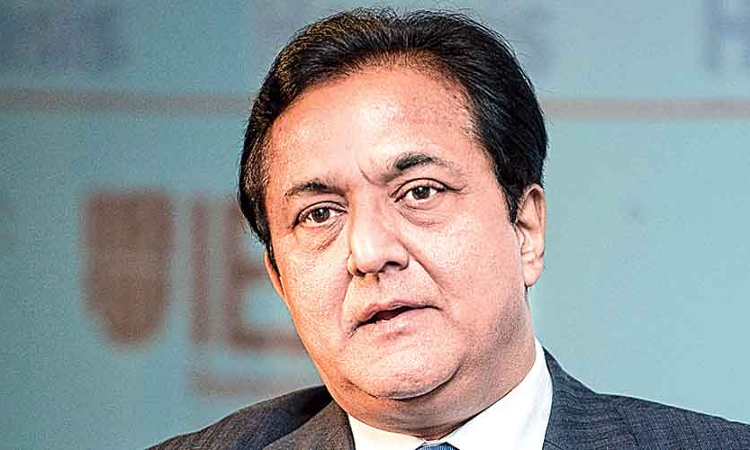'Case That Rocked Entire Banking System': Supreme Court Refuses Bail To Yes Bank Founder Rana Kapoor In Money Laundering Case
Awstika Das
4 Aug 2023 9:02 PM IST

Next Story
4 Aug 2023 9:02 PM IST
The Supreme Court of India on Friday refused to grant bail to Yes Bank founder Rana Kapoor in a money laundering case. He has been accused of receiving illegal gratification in exchange for sanctioning bad loans to high-profile borrowers. The Yes Bank co-promoter has been behind bars since March 2020. A bench of Justices Sanjiv Khanna and SVN Bhatti was hearing a special leave...
